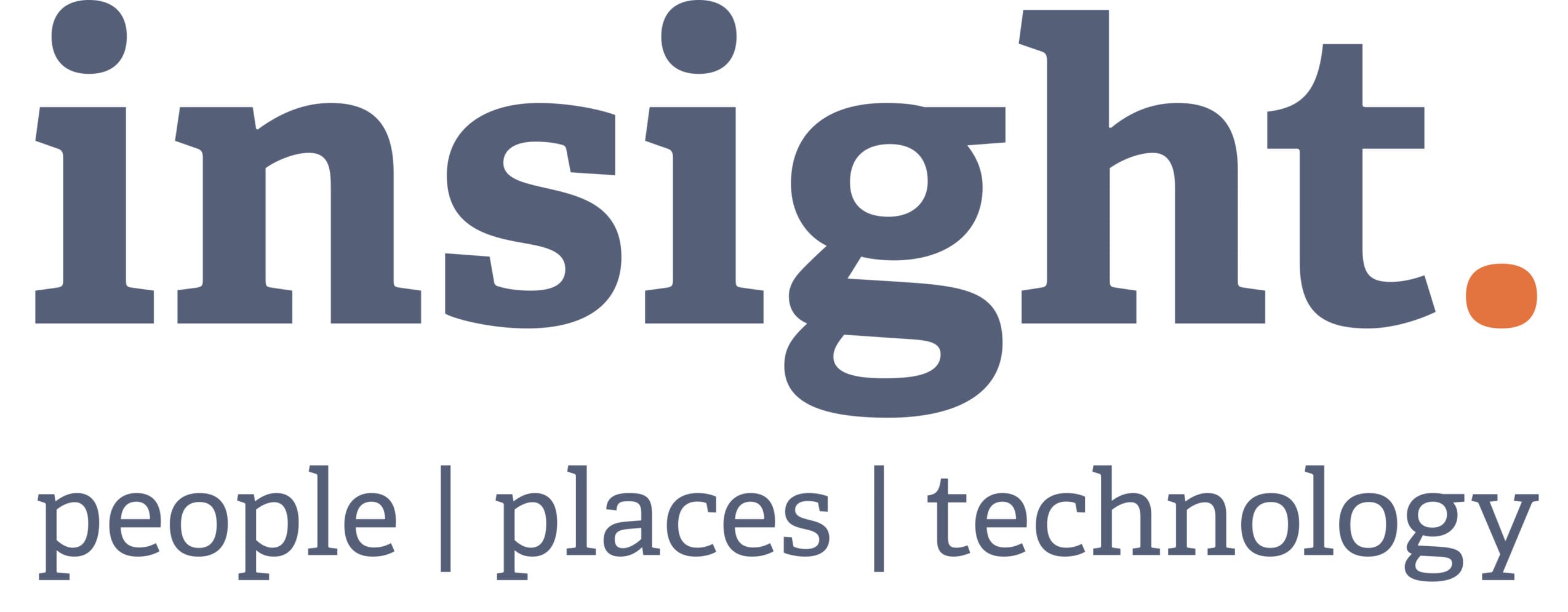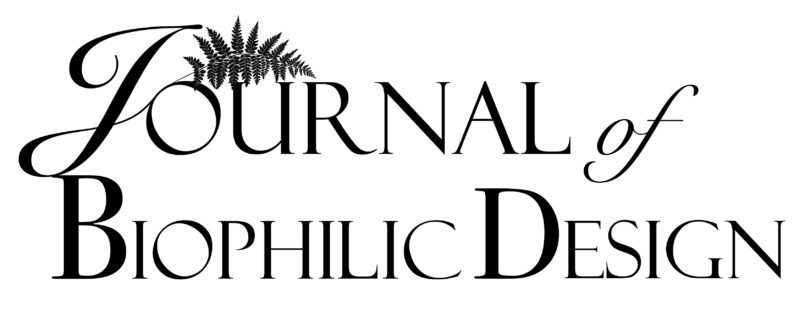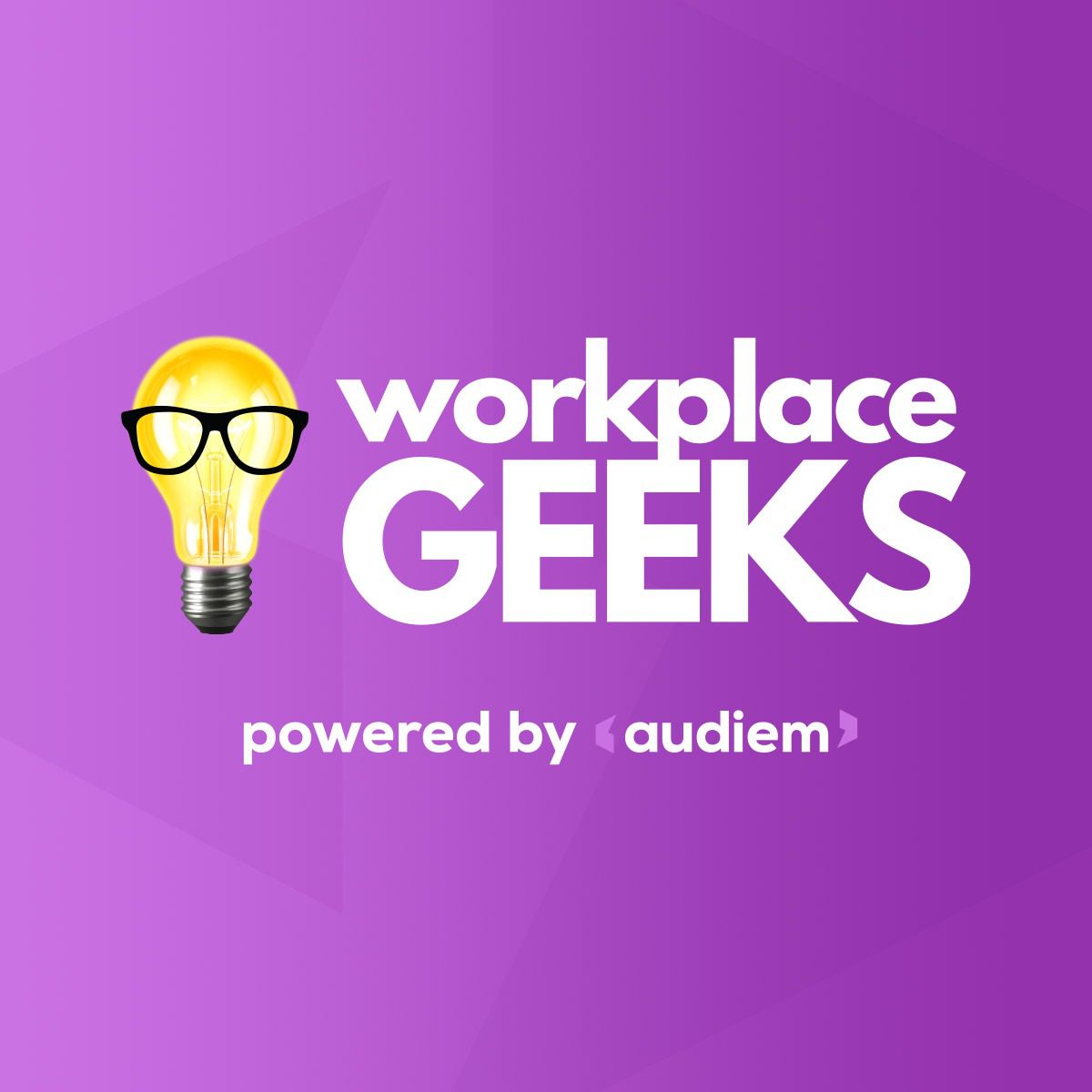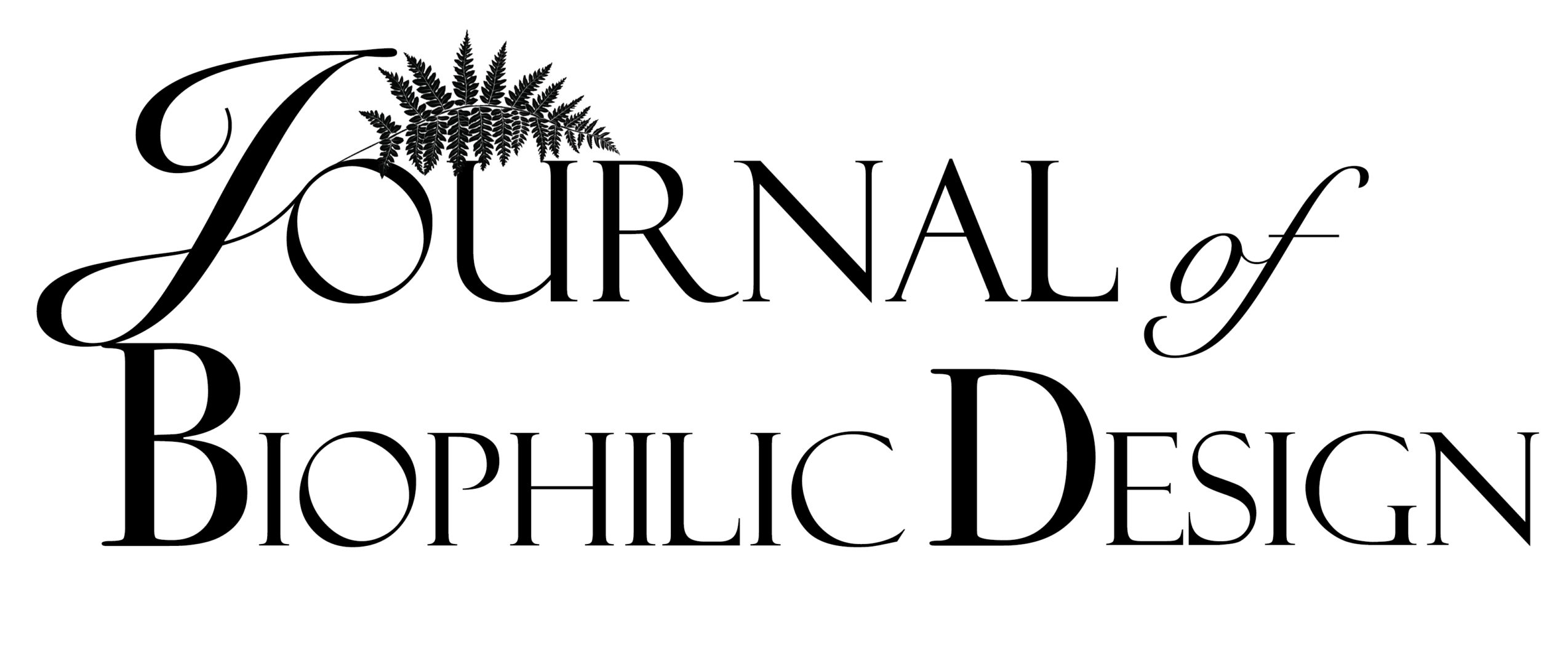The Sustainable Workplace: Removing the Blocks to Success
London and Online
10am – 4:30pm GMT + 1, followed by drinks social

93% of the G2000 companies with net zero commitments will miss their net zero targets based on current trends. (Accenture, 2022).
So what’s going wrong with our sustainability targets? They’re often perceived as costly and buy-in from stakeholders can be disappointing. (“It’s someone else’s job”, “What’s the point?”).
That’s why we’ve put together this event to address the blocks to sustainability success and demonstrate how every organisation, large or small, can have a sustainable workplace.
Agenda
0915 Registration, Coffee, Pastries
Welcome and Introduction (1000)
Morning Moderator
Keynote: Mark Shayler, Thinker, Doer, Creator, owner at Ape. (10.05)
Mark helps big companies think like small ones and small companies think like big ones. He works on sustainability and company purpose.
He has saved his clients in excess of £160million pa through environmental improvements, has increased sales of products by 8000% by introducing circular economy business models and trained over 2000 people in sustainability.
He has worked for Nike, SC Johnson, Schweppes, Papa Johns, Heinz, Patagonia, Sportsshoes, Interface, Coca-Cola, Seedlip, Unilever, Hotpoint, Samsung, John Lewis, Fenwick, Teapigs, Bacardi, Diageo, Mars, Thorntons, 3M, Amazon, Gentoo and hundreds of funky little businesses like Propercorn, Teapigs, Hiut Denim, and Ugly Drinks.
He was a lead for the RSA Great Recovery programme on the Circular Economy and was once the Head of Environment for ASDA. He was a Founding Partner of the Do Lectures and author of two books Do Disrupt, change the status quo or become it and Do Present, how to give a talk and be heard. He is a coach, workshop facilitator and Qi gong teacher. Mark is also part of the reasons to be cheerful team, which he co-founded in in 2020.
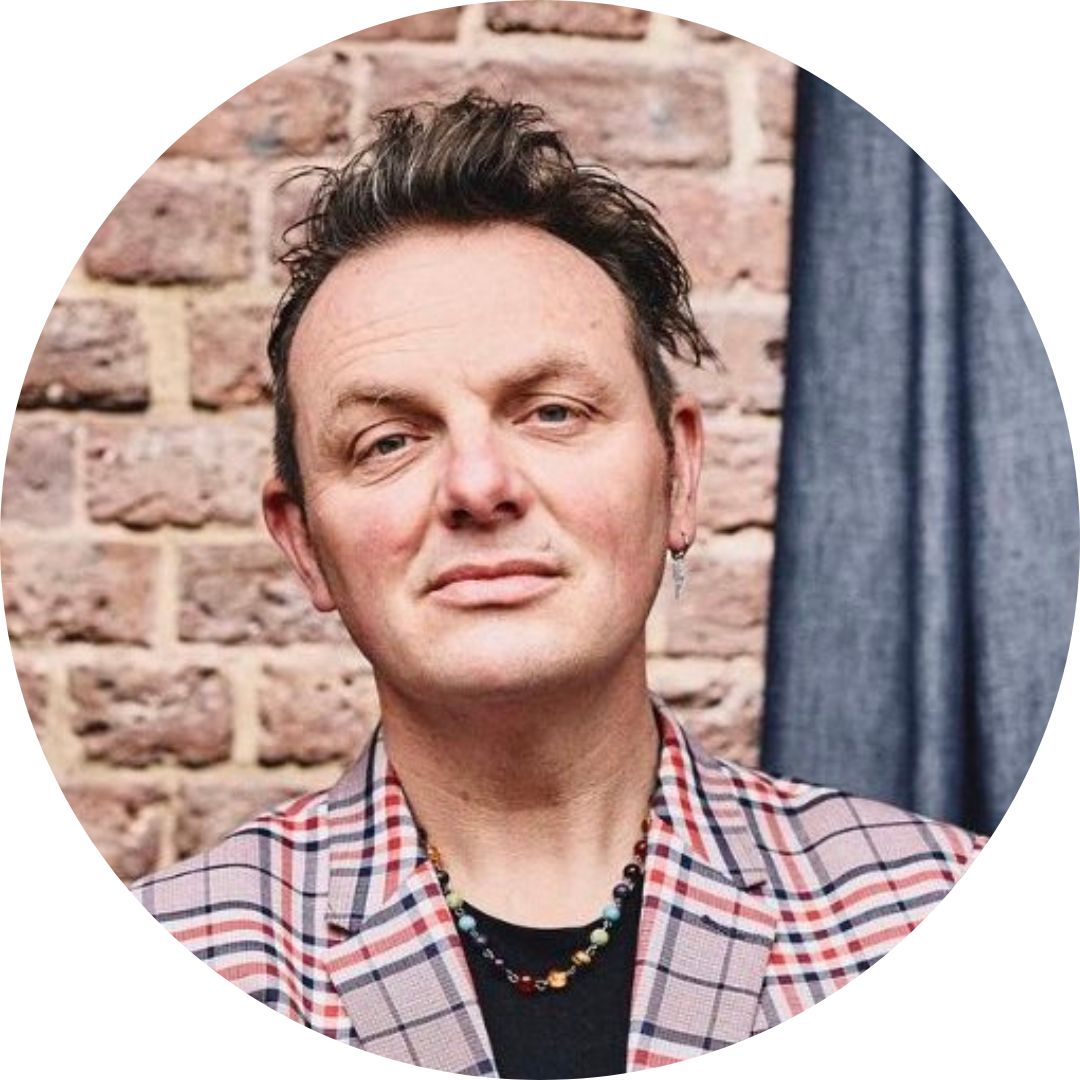
Workplace Refurbishment: Circular Economy Thinking & Practical Low Carbon Solutions (1100)
Ann Beavis, Crown Workspace
How can we integrate circular economy thinking and practical low carbon solutions into workplace refurbishment?
Ann Beavis explores the urgency, challenges and barriers for these critical workstreams to ensure that workplace change supports organisations with their carbon reduction targets and the environmental standards they are targeting, such as SKA and WELL. Through the work of Crown Workspace and in previous roles, Ann has led the introduction of circular thinking across the built environment, through construction and fitout materials, furniture, IT and AV services and equipment for the last 20 years.
As a member of their circular economy taskforce, she will introduce the new Circular Economy Roadmap recently launched by Business in the Community, that signposts organisation through practical steps they can take and case studies that support this transition. She will also share her unique insights into the key blockers to driving sustainable/circular change in the workplace and how to overcome these.

Specialising in sustainable development, Ann played a key role in setting up a sustainable services division for Crown Workspace that delivers socially and economically responsible services for the effective management and clearance of office furniture and IT equipment. She now leads the Crown UK&I Group Responsible Business and Net Zero Plan.
Ann sits on the Business in the Community Circular Economy Task Force and contributed to their work on developing a road map for a more circular economy. She is also a member of the IWFM Sustainability Special Interest Group and led the association’s work on social value.
1130 Morning Break
Problem or predicament? Why the way we approach sustainability in the workplace matters (1200)
Jaime Blakeley-Glover, Orientate
In 2022, Accenture found that “93% of the G2000 companies with net zero commitments will miss their net zero targets based on current trends.”
Our ability to reach sustainability targets within the workplace requires effectively navigating both problems and predicaments.
We have an abundance of technical solutions waiting to solve problems; decisions to implement them can reduce energy and water or enable us to build with lower environmental impact. When organisations apply the same thinking to ‘human problems’ by limiting solutions to behaviour change or information transfer initiatives, they often fail to truly engage workforces and generate the action required to meet targets.
The human dimension of sustainability in the workplace is a predicament in every sense; one that cannot be navigated without raising important questions around choice, behaviour, motivation and culture. Jaime shares the applied research and action learning case studies which led to the creation of the Most Sustainable Workplace Index and MAP (Meaning-Awareness-Purpose) climate coaching model. He explores the human barriers to action on sustainability and the huge potential for a human-centric approach to shift our perspectives within the built environment and unlock latent motivation in the workplace.
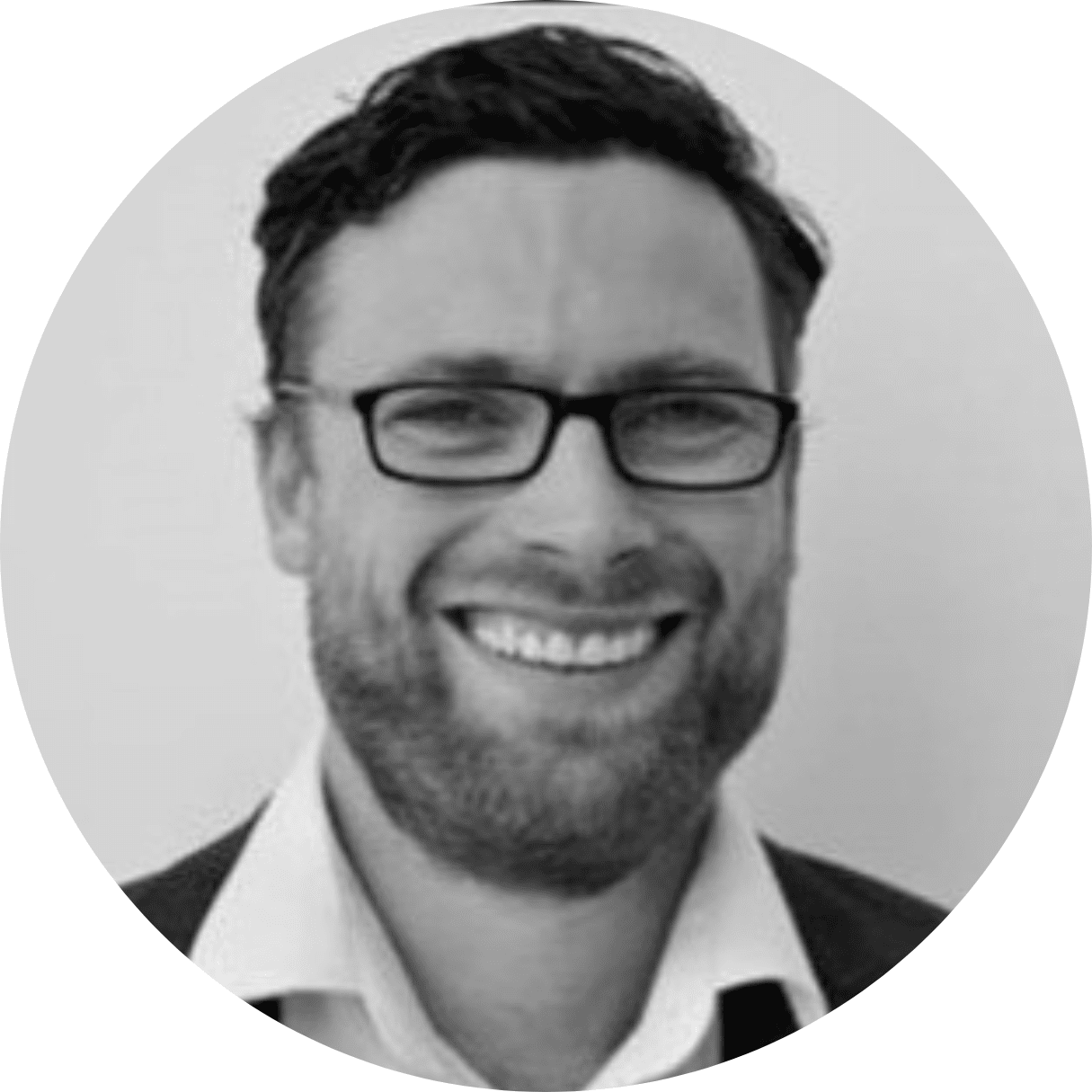
Jaime Blakeley-Glover works at the intersection between the built environment, human development and the natural world. He supports clients within these sectors whilst continually exploring and shaping the spaces in between them. He brings a wealth of experience in the built environment through two decades working at senior levels within property, regeneration and sustainability sectors. Jaime is a consultant, coach and outdoor guide.
His work is increasingly focused on the connection between the built environment, humanity and the natural world. At the heart of many of Jaime’s projects is the concept of ‘place’ and the shifts required to create a sustainable, regenerative future.
Jaime is Co-Founder of Orientate, a human-centric consultancy and coaching business specialising in sustainability, property and social value. He is a Chartered Surveyor (MRICS), accredited coach (EMCC Senior Practitioner) and Mountain Leader (SML). He holds an MA in European Real Estate, BA and ILM7 Diploma.
Life Cycle Assessments and Environmental Product Declarations – (1230)
Carsten Svensson, Prodikt
Details to be confirmed.
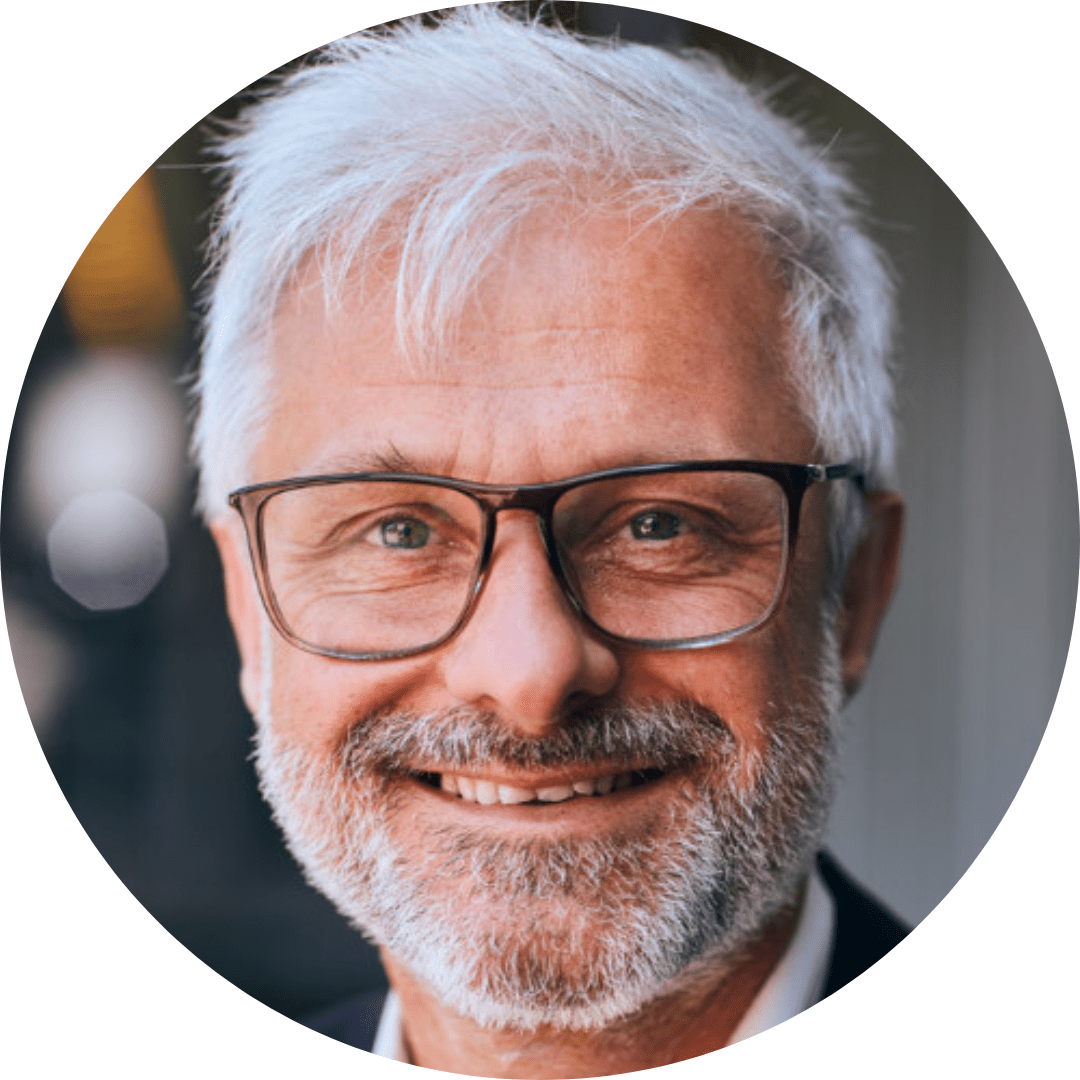
Everyone is talking about sustainability – but what are the real facts? Our buildings and the construction industry significantly impact our climate together with the health and wellbeing of end-users. How can we more easily and correctly find out about the sustainability information and data for building materials and furniture?
My interests are sustainability and sound/acoustics, but also football, footvolley, Chinese Mandarin, reading books, music in many shapes.
1300 Lunch
Panel & Discussion: Refurbishment Vs. New Build: Challenges and Solutions (1345)
Moderated by Nigel Oseland, Workplace Unlimited
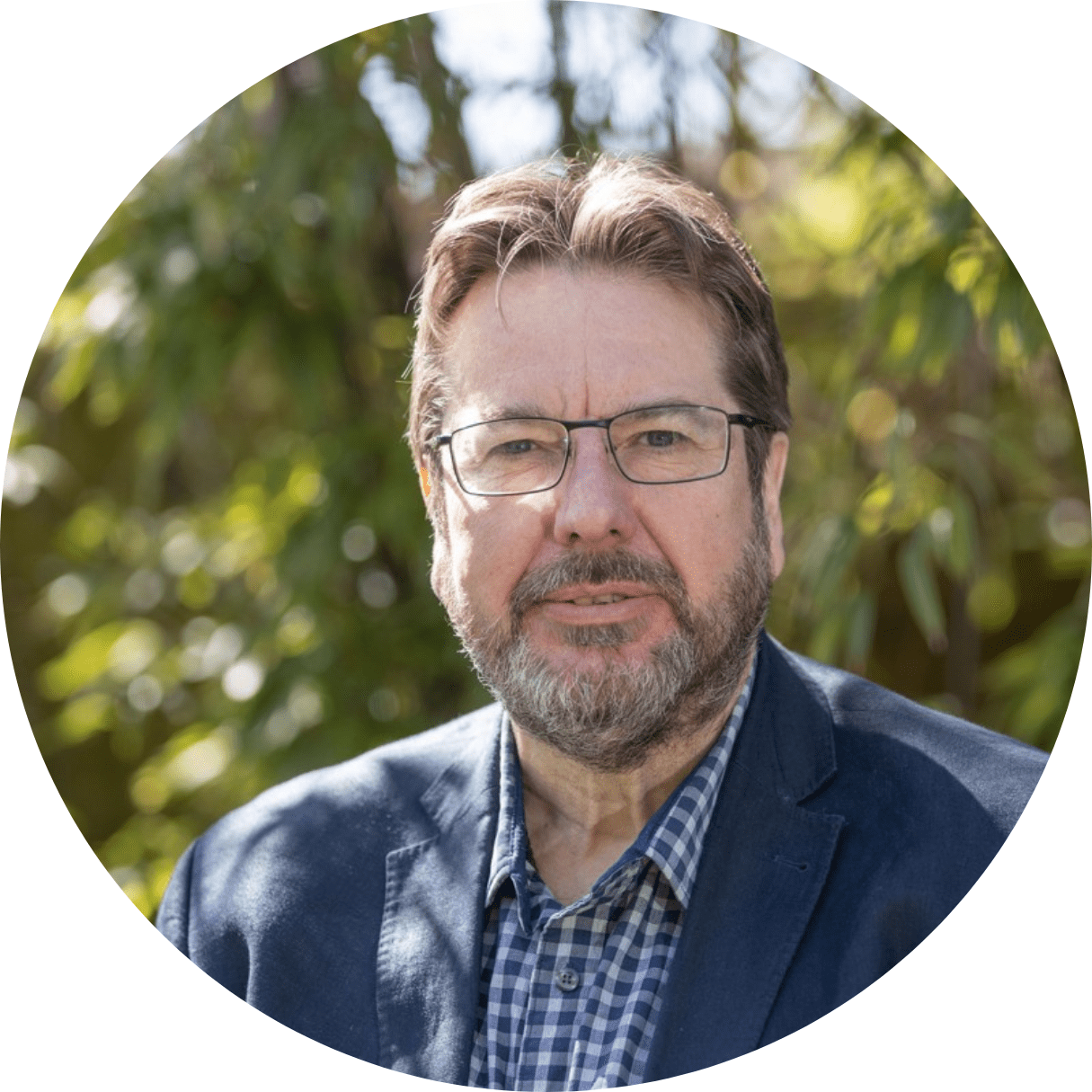
Nigel is an environmental psychologist, workplace strategist, change manager, researcher, author and international speaker. Nigel works with his clients to redefine their workstyles and create cost-effective and space-efficient workplaces that enhance concentration, collaboration, creativity and business performance.
Nigel’s approach to consulting is to apply his knowledge, obtained through both academic research and practical experience, to workplace strategy and design. He is a firm believer in evidence based design and delivering unique workplaces that support the occupying business. As a psychologist he campaigns for workplaces that cater for all personality types. Nigel’s latest book, “The Workplace Zoo: Humanising the Office” was published in autumn 2021.
Lighting the way to a sustainable workplace (1430)
Gary Thornton, Nulty+
Workplace lighting design is at its core about the people who occupy that space. But as the entire architecture and design industry looks to make a seismic shift to sustainable principles, how do lighting designers balance the needs of humans and our planet in their schemes?
When it’s done with consideration and creativity, workplace lighting design can help to create environments that are both efficient and engaging. Quality rather than quantity of light is always the distinguishing factor; not everything needs to be illuminated and advancements in technology can play a role in ensuring we have light only when we need it. To design in a sustainable but creative way, lighting designers need to know all about the people that they are designing for and how they will use that space over time. Without this insight, commercial projects are at risk of becoming flat and soulless – a tick-box exercise that’s about reducing energy usage and meeting standards.
Throughout this discussion, we’ll hear about how the future of workplace lighting design will be defined by how we balance the human and environmental strands of a project. The discussion will address the pressing need to reduce energy-consumption and adopt circular economy principles, then look beyond this to consider the societal aspect of workplace design and how light has the power to improve employee engagement, boost productivity, and enhance wellbeing.
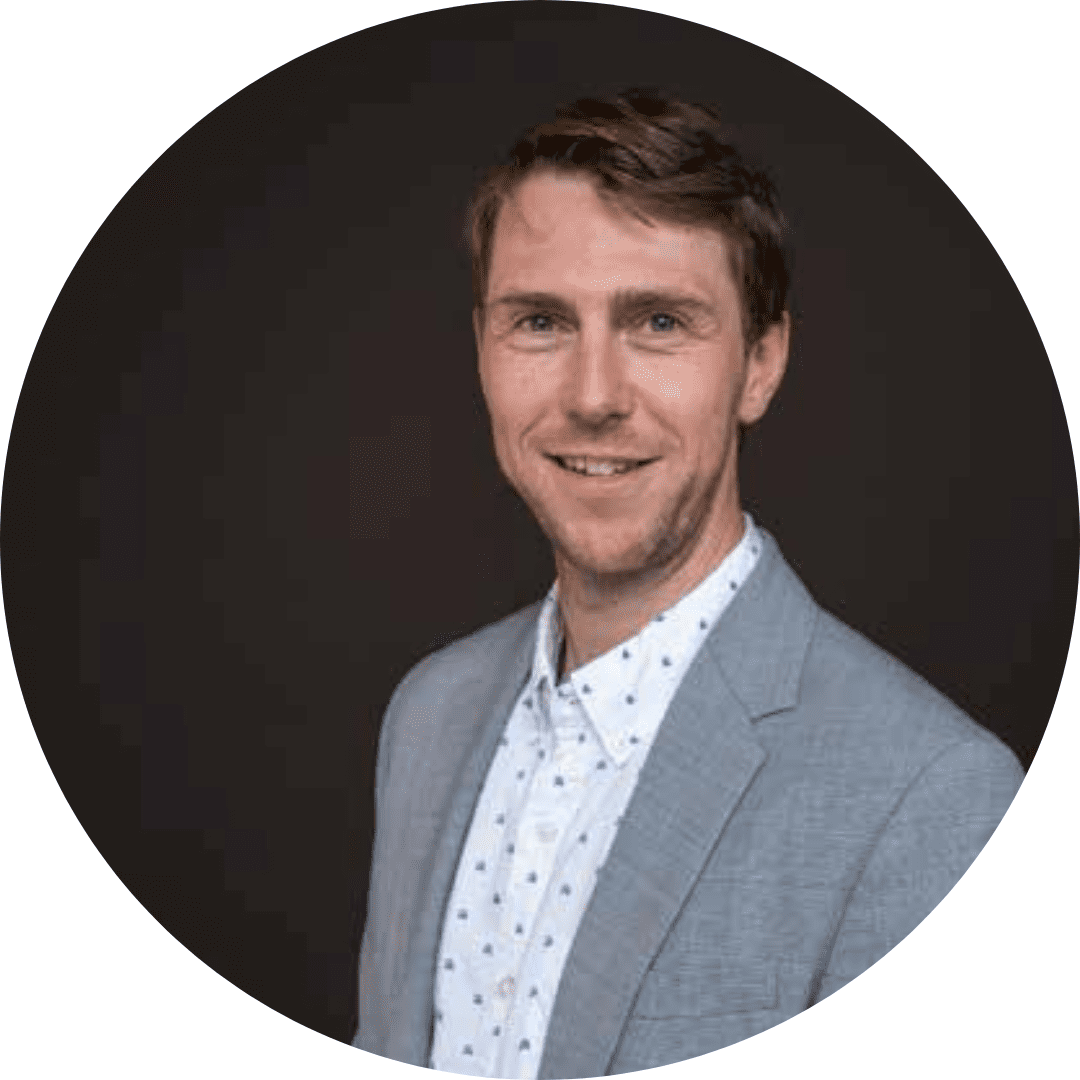
Gary is an Associate Lighting Designer at Nulty with over ten years of experience enhancing architecture and interiors through light. After graduating with a degree in product design from Brunel University, he spent the next decade developing his creative design skills and technical expertise on projects of all sizes across the globe. This included the delivery of a number of notable masterplan and urban design projects in Dubai and the wider MENA region.
His role at Nulty sees him manage a large team of designers within the practice, where he is responsible for overseeing every stage of a client project, from conceptualisation through to implementation. He is passionate about communicating light’s capacity to bring life to internal and external spaces to students, and as a STEM ambassador actively promotes the career of architectural lighting design to the next generation of designers.
1500 Afternoon Break
The First UK Year of CUBE – Energy Saving Results From a Unique Approach (1530)
Mark Bruno, Ampersand Partners
Many office buildings are still highly inefficient despite their best design efforts, to the point that 30% of energy used in commercial buildings is wasted. In the City of London alone, the energy wasted could power 65,000 homes. In order to drive down energy use and achieve net zero goals in the workplace, we must find better ways to collaborate and change behaviour.
Enter CUBE, the UK’s first competition to tackle the dual challenges of occupier engagement and energy efficiency improvement in commercial buildings. It’s an innovative approach that brings landlords, building managers and occupiers together and, through gamification, mobilises them to reduce their consumption – i.e. the logical first step to net zero. With monthly rankings and an annual awards ceremony, the challenge mirrors a sports season.
The competition has been running successfully in France for 6 years and has reduced building energy use by an average 12% and up to 55% year on year, just by changing behaviour and basic reprogramming, and without major investment.
Now that CUBE’s first UK season is coming to a close, we will hear about what it has achieved, key learnings, challenges and dive into some of the more impactful initiatives undertaken by participants. Moreover, we will learn about the power of collective action and the impact its participants – including Landsec, Nuveen, Stanhope, Savills, and Workspace Group – have made.
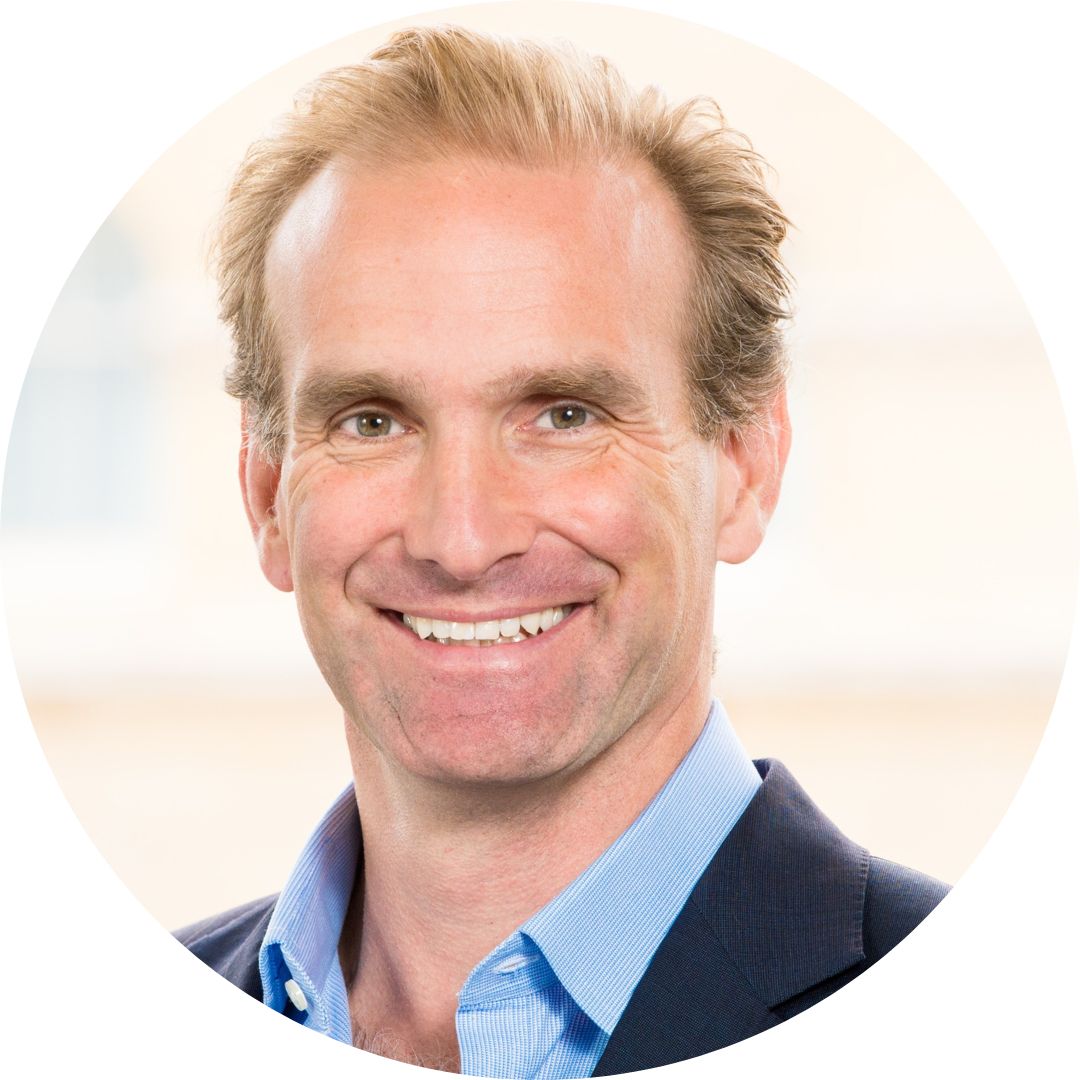
Mark Bruno is a Partner at Ampersand Partners, a purpose led, net zero focused strategy consultancy helping real estate leaders drive impact and find advantage in the transition to a sustainable economy. He is also Chief Ambassador for the CUBE competition in the UK. He has over 20 years’ experience in technology, property and consulting in the UK, US and Asia, much of it in entrepreneurial growth stage companies.
Case Study: ANZ Bank’s Circular Economy Design (1600)
Christopher Webb, tp bennett
Heralded as one of London’s most ‘responsible office fit-outs’, tp bennett’s sustainability-conscious work on ANZ Bank reflects the Australian and New Zealand group’s ‘values and identity’, while enriching the individual and collective experience of those who work there.
The 12th floor HQ – located on the waterfront at Canary Wharf – revolves around circular economy principles defined in a robust sustainability strategy by tp bennett, with a strong focus on minimising embodied and operational carbon throughout all design aspects. These efforts extend to the building’s water and waste management, as well as the use of biophilia and furniture, which is made up of 80% reused existing materials.
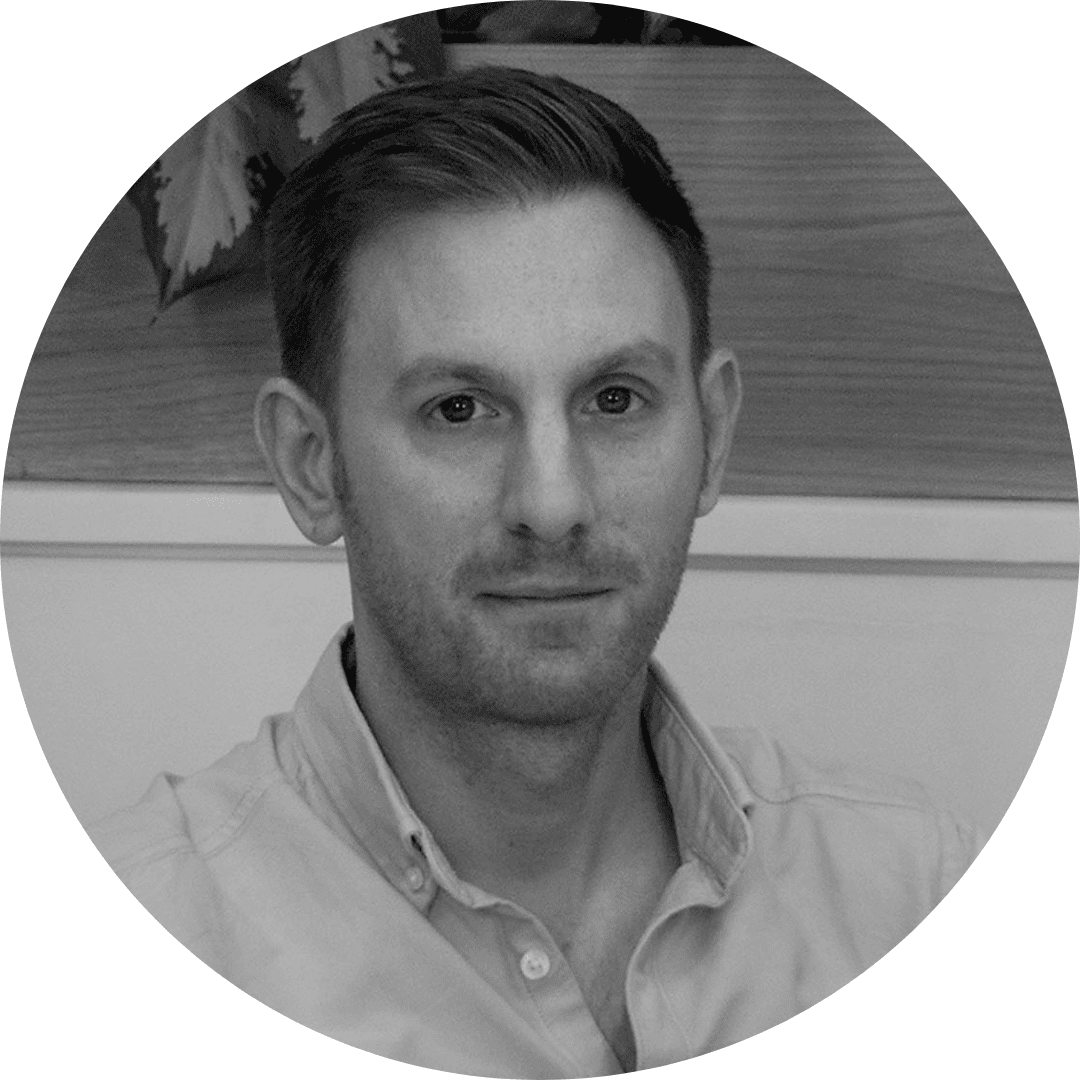
Chris joined tp bennett in 2018 to lead our ambitious sustainability function, bringing nearly 20 years of built environment experience to the practice.
His position sits across our architecture, planning, interior design and workplace strategy functions and aims to achieve environmentally-sustainable, healthy and equitable spaces, whilst optimising our own footprint as a practice. As part of his role, Chris particularly enjoys helping clients devise and install their own sustainability strategies and then producing designs to deliver these.
Chris heads-up tp bennett’s growing Sustainability Team and Sustainability Focus Group, with whom he has undertaken our leading Net Zero Carbon research, developed equitable design principles and alignment our practice with the United Nations Sustainable Development Goals as part of a ten-year plan.
A particular passion of his is the provenance of the materials we specify and in ensuring that these are sourced responsibly, in terms of their social and environmental impacts, and he works closely with our supply chains to achieve this.
1630 Chairman’s Wrap Up and Close, followed by
Drinks Social
There are good reasons why so many workplace professionals return to our events and conferences time and time again. Here’s just a few of them:
- Meet and network with like-minded workplace professionals.
- Mingle with established thought-leaders in workplace.
- Gain access to the latest research that can be applied for practical benefit.
- Non-commercial, relaxed environment.
- Quality, pitch free presentations.
- Delegate access to video recordings after the event.
- Support the environment – we plant a tree for every delegate place booked.
- Award-winning sustainable venue.
- Complimentary post event drinks social.
- All in a non-commercial, relaxed environment.
- CPD certificates available on request.
- Join our exclusive LinkedIn Group for all our past and present delegates.
We’re proud to announce that we’ve partnered with One Tree Planted and plant a tree for every delegate booking.






